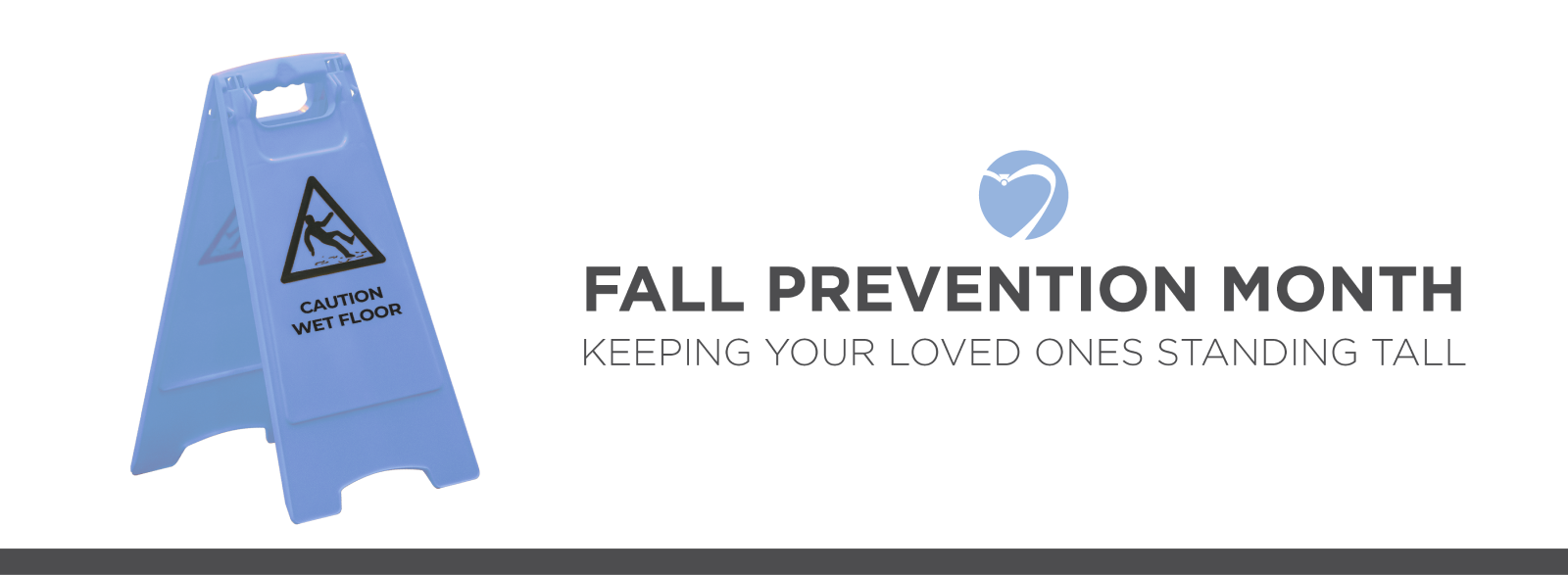Our Blog
Keep Up With What's Happening!
.png)

contact us to speak directly to a care team expert:

Don’t Get SAD; Get Better
Winter can be a bit of a downer.
Snow, ice, unsafe driving conditions, bitter cold—all of these factors can make winter seem depressing. But winter blues are more than just a passing notion; each year some people get SAD, or Seasonal Affective Disorder. SAD is a clinically diagnosable form of depression that can result in overeating, fatigue, difficulty concentrating, and loss of interest in daily activities. Scientists theorize that SAD is brought on not only by the drop in temperature, but the reduced amount of daylight. In essence, our bodies respond to the change in season by slowing us down physically and emotionally.
For seniors, SAD can be especially debilitating. The National Alliance on Mental Illness reports that more than 6.5 million Americans over the age of 55 experience depression. To make sure that seniors are not suffering from SAD, caregivers and loved ones should keep an eye out for crucial signs. If seniors seem to have lost interest in activities they typically enjoy, isolate themselves from friends and family, or spend inordinate amounts of time sleeping, caregivers should consider intervention.
Unlike for many forms of depression, for SAD there is a simple, non-pharmaceutically based treatment: the sun. Exposing SAD sufferers to sunlight can help energize and cheer most patients. If you suspect a senior is suffering from SAD, bright, sunny areas of the home are the best way to elevate their mood without the use of chemicals. Light box therapy is another effective option—filling a room with artificial sunlight to help minimize the effects of SAD. Sunlight therapy lamps, which are inexpensive, might also be an intelligent addition to your home décor. Even those who aren’t suffering from full-blown SAD will get a natural boost from the simulated sunlight.
Whether you’re worried about a senior who seems down or trying to cope with the effects of the season yourself, no one has to be SAD. Stay mindful of the signs, and seek help if any SAD symptoms present to eliminate this highly treatable form of depression.


.png)












